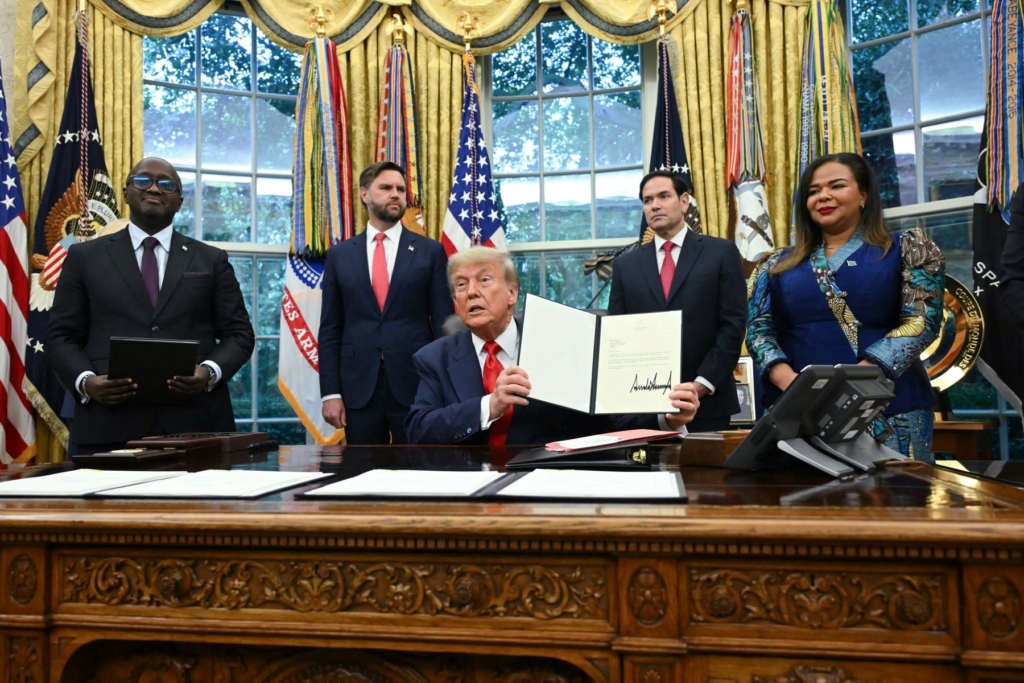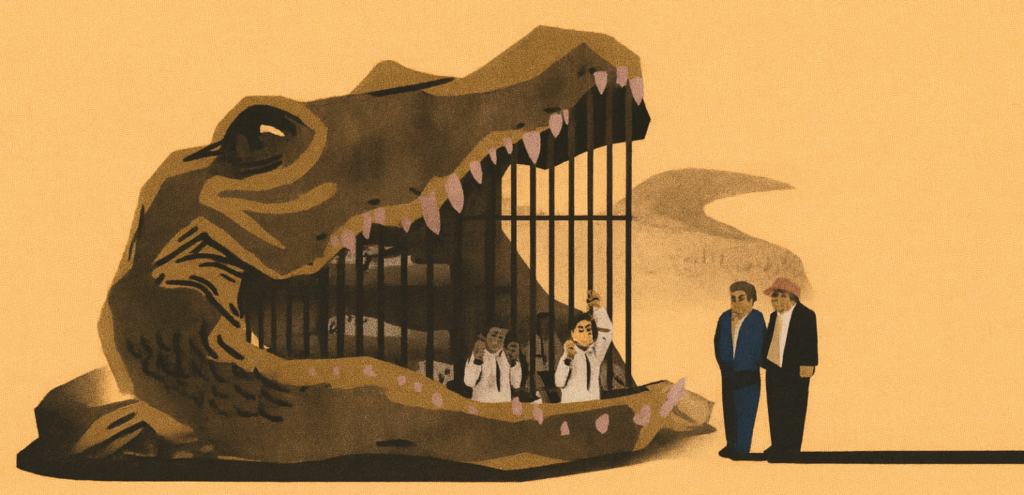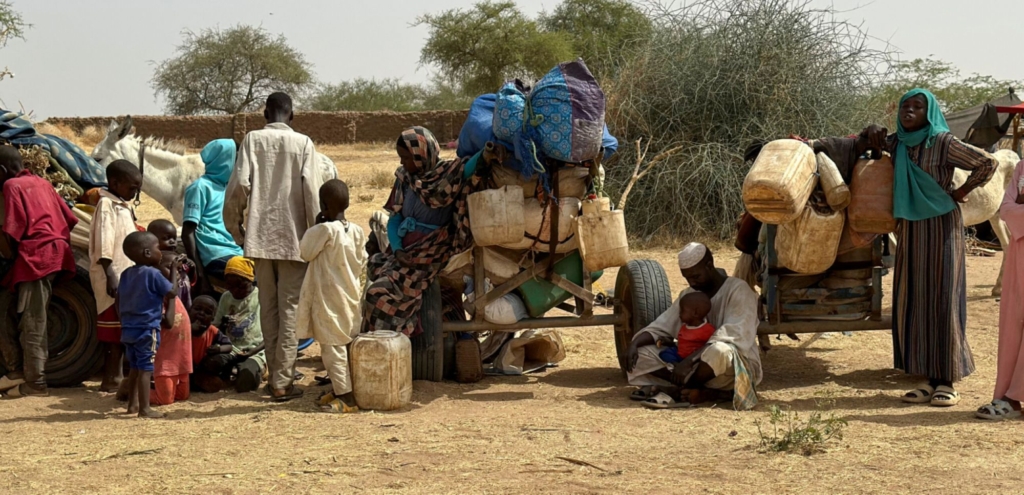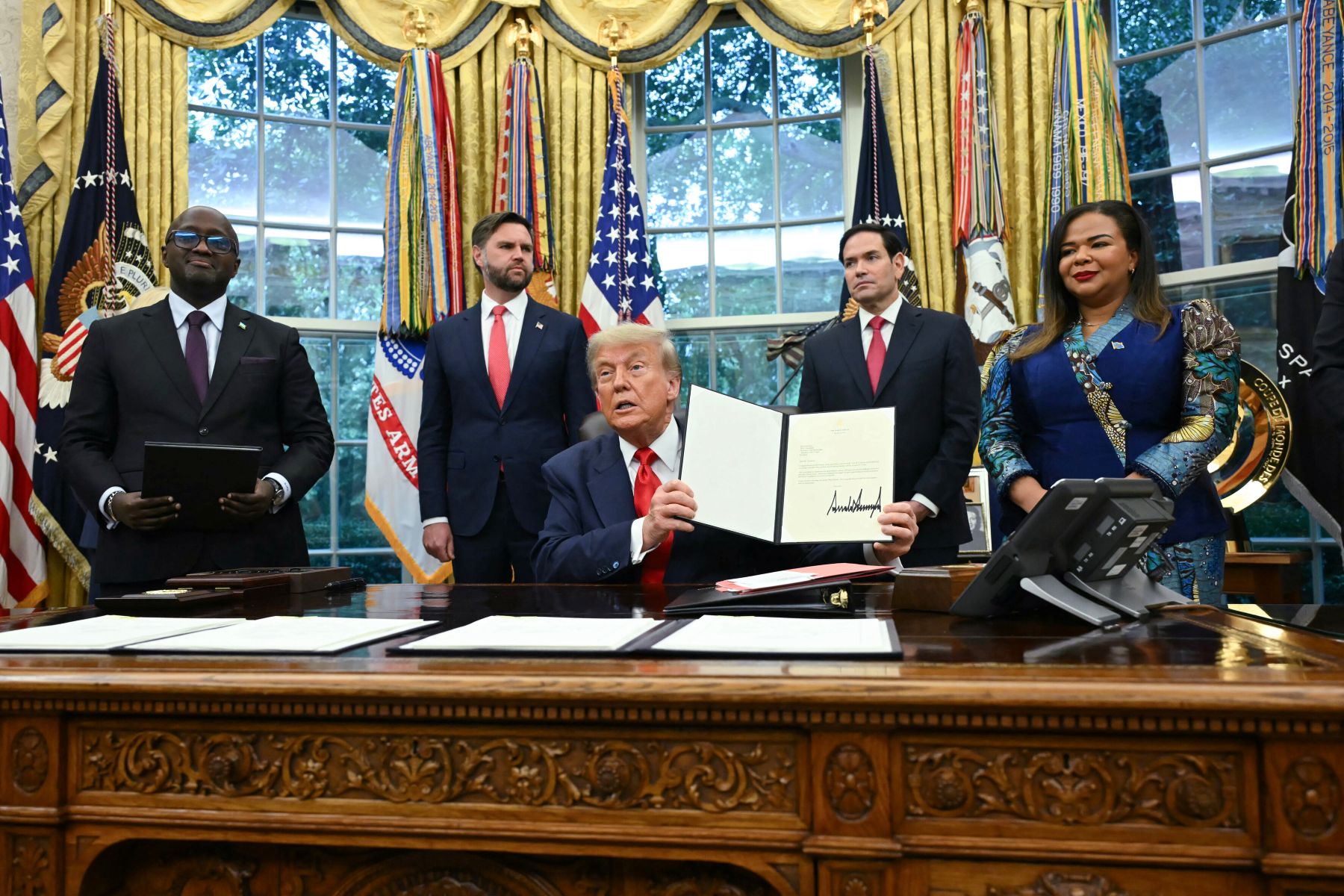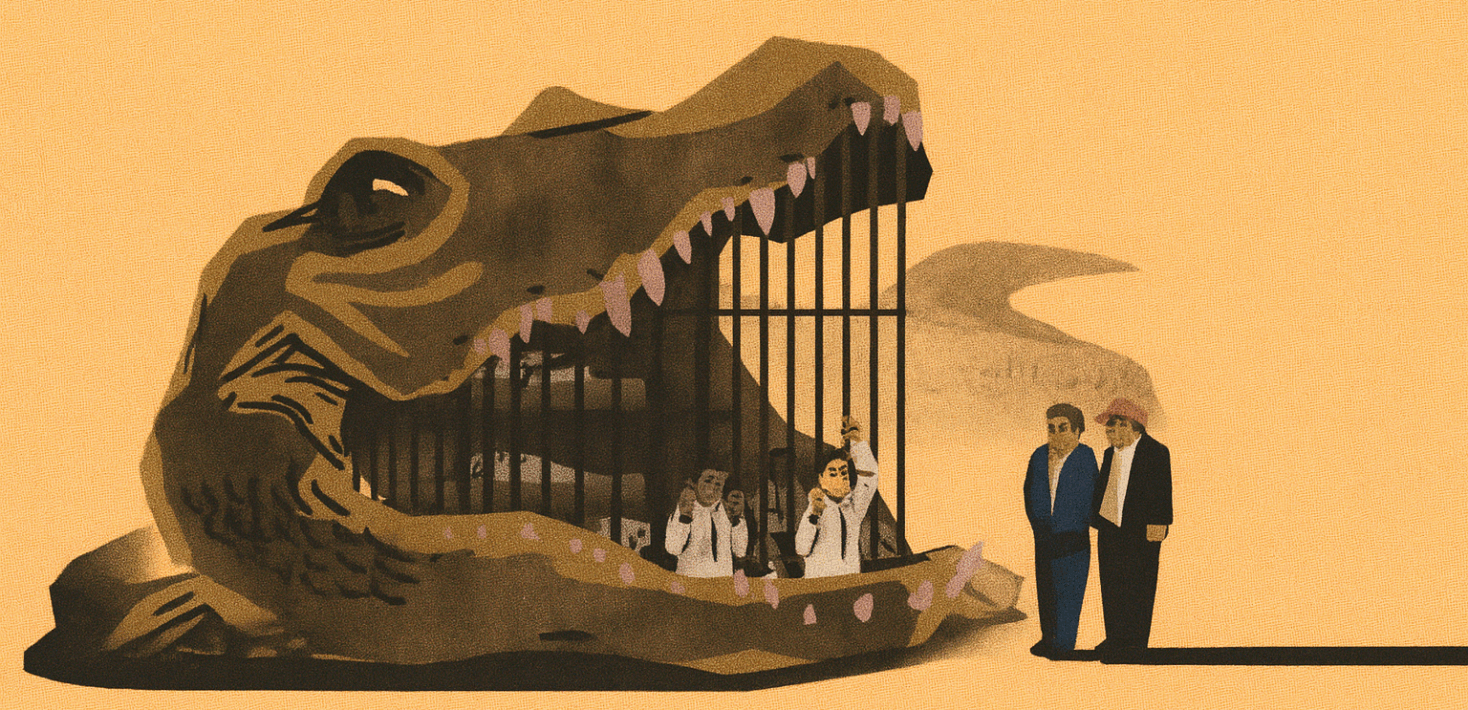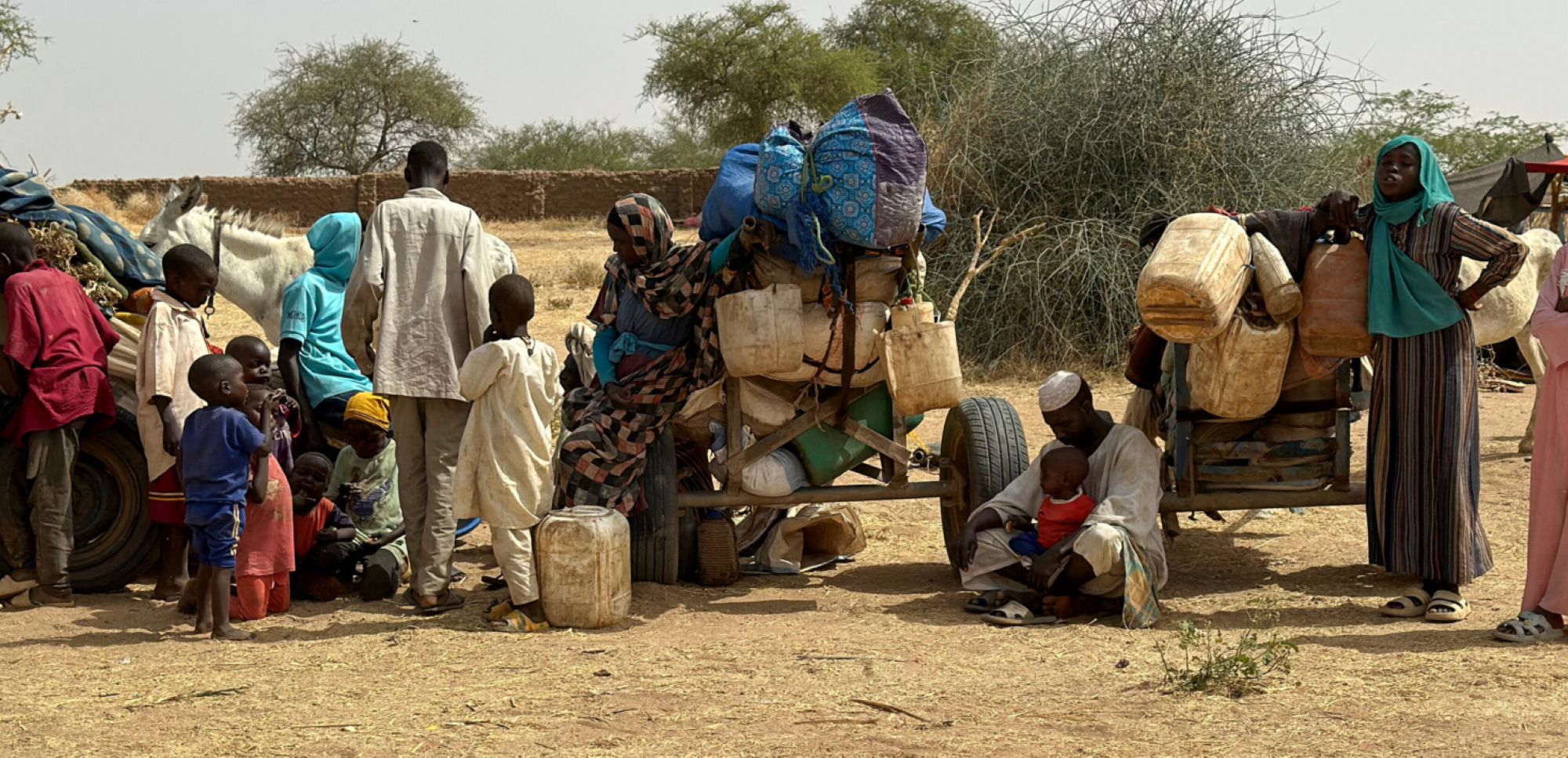Full implementation of the recommendations released today by Canada’s Truth and Reconciliation Commission is essential to provide justice for residential schools survivors and their communities and to ensure that Canada lives up to its international human rights obligations.
The Truth and Reconciliation Commission was established as part of a legal settlement with survivors of the government-funded and church-run Indian Residential Schools. For over a century, more than 150,000 First Nations, Métis and Inuit children were forcibly taken from their families and communities to attend these schools. The Commission estimates than more than 6,000 children died in these schools while countless others endured hardship, deprivation and abuse.
The Commission has concluded that the residential schools were “part of a coherent policy to eliminate Aboriginal people as distinct peoples and to assimilate them into the Canadian mainstream against their will.” A summary of the Commission’s findings released today states, “The Canadian government pursued this policy of cultural genocide because it wished to divest itself of its legal and financial obligations to Aboriginal people and gain control over their land and resources.”
In a process launched six years ago, the Truth and Reconciliation heard more than 1,300 hours of testimony and received almost 7,000 statements from witnesses. The Commission released its recommendations today, with a full report to follow later this year.
The Commission’s 94 recommendations include:
- Implementation of the United Nations Declaration on the Rights of Indigenous Peoples as a “framework for reconciliation.”
- A national public inquiry into ”the causes of, and remedies for, the disproportionate victimization of Aboriginal women and girls,” as well as consistent collection and publication of data on criminal victimization of Indigenous people.
- Elimination of discrepancies in funding for Indigenous education.
- Permanent funding for Indigenous peoples to carry out healing programmes, including language and cultural revitalization.
- Measures to address the continued removal of Indigenous children by the child welfare system, including addressing the underfunding of services that could better meet children’s needs within their own families and communities.
- Improved public education on Indigenous cultures and histories, and specialized training for lawyers, journalists and others.
- Issuing a Royal Proclamation to affirm the role of Indigenous peoples as full partners in the Canadian confederation, including recognition of Indigenous laws and legal traditions.
Alex Neve, Secretary General of Amnesty International Canada, said, “When grave human rights abuses are committed, international law requires not only an acknowledgement and apology, but also effective measures to set things right and to ensure that the harms are never repeated. Implementation of the recommendations of the Truth and Reconciliation Commission is a necessary and vital contribution to the cause of justice. Critically, though, as the Commission said, we all have a part to play in ensuring that true reconciliation happens.”
Béatrice Vaugrante, Directrice générale Amnistie internationale Canada, said, “Shocking crimes were committed against the 150,000 children taken away to residential schools, and against the families, communities and nations that were the targets of this forced assimilation scheme. Justice in the fullest sense must not be denied any longer because what happened then still has consequences today.”
Read the Commission’s Executive Summary and Recommendations.
















